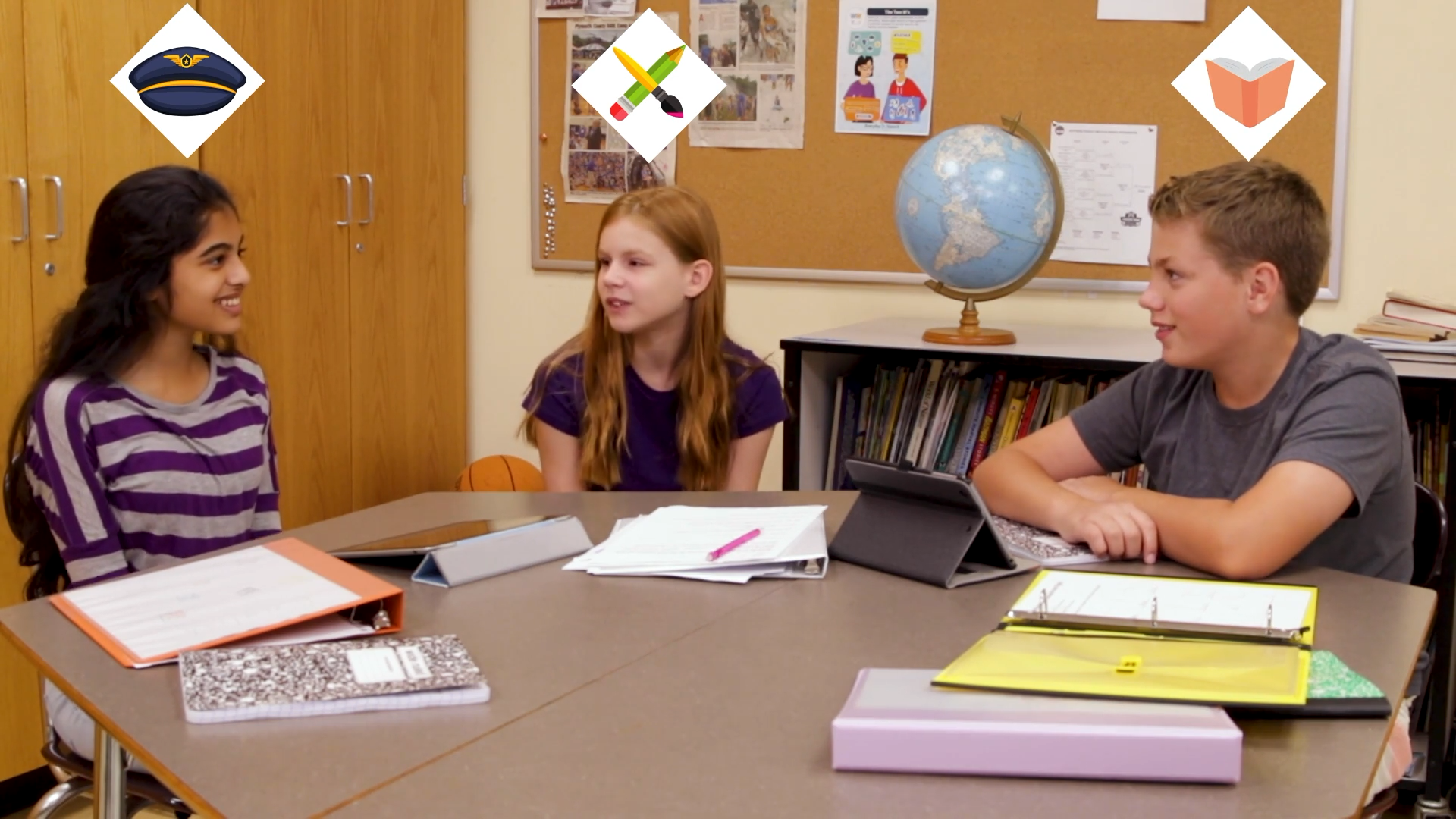
Introduction
As educators, one of our goals is to help young students learn the importance of navigating social situations and building strong relationships. A crucial skill in this process is understanding the concept of compromise. Compromise is giving up part of what you want to let someone have part of what they want. This is an essential skill for children to learn, as it fosters empathy, cooperation, and problem-solving. In this blog post, we will explore a no-prep activity to teach compromise, provide discussion questions, and suggest related skills for students.
No-Prep Activity
To introduce compromise to PreK students, try this simple, no-prep activity called “The Balancing Act.” Begin by having students sit in a circle. Explain that everyone will have a chance to share their ideas about a specific topic, such as what game to play or what story to read. However, in order to make a decision that everyone is happy with, they will need to compromise.
Start the activity by asking the first student to share their idea. Then, ask the next student to suggest a compromise that combines both their idea and the idea of the previous student. Continue around the circle, with each student proposing a compromise that takes into account their own idea and the ideas of their peers. By the end of the activity, the group should have reached a decision that incorporates elements from everyone’s ideas. This activity encourages active listening, empathy, and collaboration.
Discussion Questions
- Why is it important to compromise when we are in a group setting?
- How did you feel when you had to give up part of your idea during the activity?
- Can you think of a time when you compromised with someone outside of school? What was the outcome?
- What are some polite phrases we can use to suggest a compromise?
- Do you think compromising is always the best solution? Why or why not?
Related Skills
Teaching compromise is just one aspect of promoting social-emotional learning in the classroom. Other related skills that can help students build strong relationships and navigate social situations include:
- Active listening
- Empathy
- Assertiveness
- Conflict resolution
- Cooperation
Next Steps
Now that you have some ideas for teaching compromise to PreK students, we invite you to explore more valuable resources and sample materials for social-emotional learning. By incorporating these skills into your curriculum, you can help your students develop strong relationships and become more successful in both their academic and personal lives. To access free samples of these materials, please visit Everyday Speech and sign up today.





